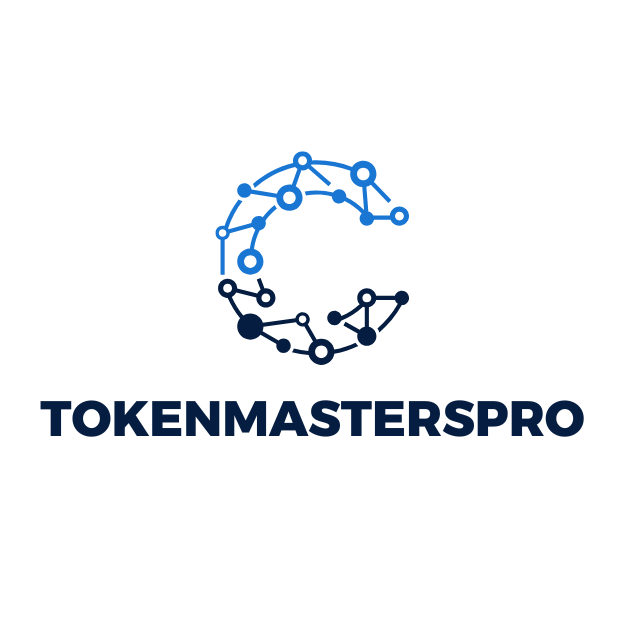If you think coding is just for techies in dark basements, think again. Teaching kids to code opens up a world of creativity, logic, and problem-solving. Imagine your child not just playing video games but actually creating them. Sounds like a superpower, right? In today’s fast-paced digital age, equipping the younger generation with coding skills is like handing them a passport to the future. So, buckle up as we jump into why coding with kids is not only important but also downright fun.
Table of Contents
ToggleThe Importance Of Teaching Kids To Code

Benefits For Cognitive Development
Coding is more than just writing lines of code. It’s a pathway to higher cognitive function. By learning to code, children enhance their ability to think logically and critically. They learn to break problems down into manageable pieces, which mirrors how they tackle challenges in real life. Not only does it sharpen their minds, but it also lays a strong foundation for subjects like math and science.
Fostering Creativity And Problem-Solving Skills
On the flip side, coding isn’t just analytical. It’s a canvas for creativity. Children can design their own games, websites, and apps. This artistic dimension encourages them to express their thoughts and ideas in exciting new ways. Plus, when they hit a roadblock, coding teaches perseverance. They’ll learn that failure isn’t the end: it’s just the beginning of problem-solving magic.
The Role Of Coding In Future Job Markets
The job market is evolving, and so are the skills employers seek. According to a report by the World Economic Forum, it’s projected that by 2025, 85 million jobs may be displaced while 97 million new roles will emerge in areas more adapted to the new division of labor. Many of these future jobs will revolve around technology, analytics, and coding. By learning to code now, children not only keep pace with these changes but also have a significant competitive edge. They’re prepping for careers that don’t even exist yet, which is both thrilling and empowering.
Choosing The Right Resources And Tools
Programming Languages Suitable For Kids
When it comes to coding, choosing the right language is essential. Languages like Scratch and Python are incredibly kid-friendly. Scratch uses colorful blocks that snap together like digital Lego, making it intuitive for younger coders. Python, with its simple syntax, helps older kids grasp coding concepts without getting bogged down in complexity.
Interactive Platforms And Games
Beyond just languages, there are fantastic platforms like Code.org and Tynker. These sites offer interactive activities and games tailored for kids. Learning feels like play, transforming a traditional classroom experience into a thrilling journey. Plus, GameMaker and Roblox Studio allow budding developers to create their own games, giving them a sense of accomplishment and fun.
Tips For Parents To Support Learning
Creating A Conducive Learning Environment
A supportive atmosphere does wonders for a child’s learning experience. Set up a dedicated coding space at home filled with the right tools and resources. Ensure it’s free from distractions and filled with encouragement. Celebrate their achievements, no matter how small. Remember, a simple ‘Well done.’ can be incredibly motivating.
Encouraging Project-Based Learning
Engagement often flourishes with hands-on projects. Help kids embark on exciting projects that interest them. Whether they want to make a simple game or a fun app, project-based learning fosters deeper understanding. It allows kids to apply what they’ve learned while also igniting their passion for coding. Plus, they’ll have something tangible to show off when they’re done.
Balancing Screen Time With Other Activities
While coding is fantastic, balancing screen time with other activities is crucial. Encourage outdoor play, reading, and physical activities alongside coding sessions. Creating a schedule that incorporates diverse activities helps children stay well-rounded. After all, brains thrive on variety, and they’ll be better coders for it.



